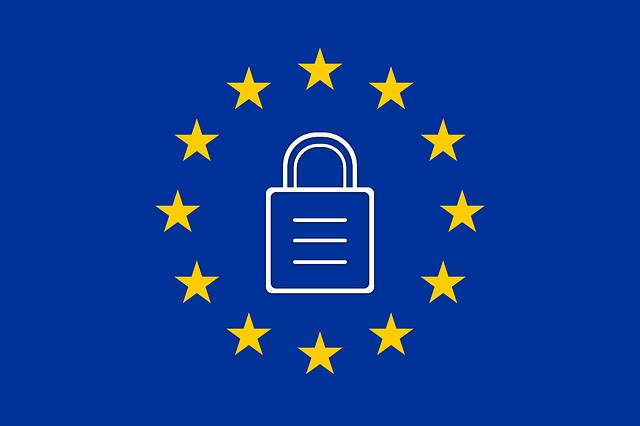Latest from our business, security
and technology blog
Search the blog:
Strategies for Surviving a Cyber Attack
Another month, another high-profile attack… or so it seems at the moment. The latest in the long line was US data firm Equifax – with a breach that affected more than 143 million American consumers. Even if you aren’t holding that much customer data, how do you recover from a breach like that?
The Beginner's Guide to Cloud Security
As increasing numbers of businesses shift their workloads to the cloud, the security threat we face is changing. Where our data goes, the hackers follow – and now cloud attacks are on the rise.
Protect Your Business from Insider Attacks
When we discuss cyber-attacks it often refers to those that come from the outside – the ones that are typically high profiles cases, such as malware, hacking, DDOS and ransomware.
Two Thirds of UK Firms Hiring for GDPR - What are you doing?
GDPR comes into effect on 25th May 2018. It is set to improve the control EU citizens have over the data that organisations hold on them. As a result, it has huge implications for the way organisations manage their data – and the staff they are recruiting.
Evidence Suggests Looming GDPR Is Still Being Ignored by British Businesses
Latest evidence shows that there remains a lot of confusion about GDPR and its likely impact on British Businesses, including around the role of Brexit. A new sense of urgency is required: the ICO has warned Brexit is no excuse and time is running out.
The Impending SME Security Crisis
The brutal fact is most small businesses are not spending enough time or money on cyber security – leaving them exposed to ransomware, severe regulatory fines, reputational damage and lost business opportunities.
What is the "right" level of security for my business?
So far, 2017 has been the year of the cyber-attack. Cases of cyber-crime and cyber-terrorism are on the rise, but never before have the general public seen the scope and scale of cyber-crime committed by groups on the government and public services.
The 7-Step Plan for Small Businesses for Essential Cyber Security
We discussed in an earlier blog how 80% of cyber-attacks could be prevented, simply by putting simple cyber security controls in place.
An Introduction to GDPR: Give Data Proper Respect!
The General Data Protection Regulation (GDPR) is getting a lot of column space, yet many businesses still have their head in the sand when it comes to its implications. We bust some myths and tell you what you need to know.






.png)






